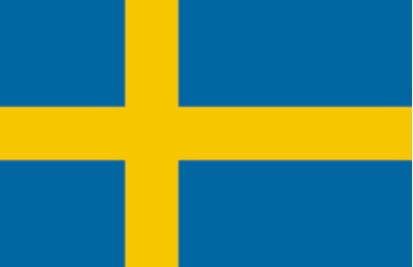What an Economy is For: Framing Policy Development

The years since 2007 have shown us flaws on our economic systems that were not being well-addressed even prior to the crisis of Covid-19.
A “centrist” view that our basic model of mixed capitalism could remain effective if we just increase immigration to drive GDP growth and perhaps raise the retirement age to ease the burden on our social safety nets is inadequate. In fact, the GDP lens and the economic model that rests on it are fundamentally not fit-for-purpose in a developed economy. Without a flourishing metric that focuses on lived lives instead of GDP, we will never achieve the nation-building that an economy should achieve. A nation is a nation of people, not of numbers, and our economy should promote the flourishing that a core commitment to human dignity demands.
The core problem with GDP as the goal and measure of an economy is that it fails to uphold human dignity for individuals. It fails to ensure that personal autonomy for all will be the end-goal of economic function. But human dignity and autonomy are fundamental to the purpose of civil society itself, which an economy serves. Economic policy is best developed, reviewed, and executed in alignment with how a given policy impacts lives throughout the nation, from those most to those least immediately impacted by the policy. Any policy that will not foster individual flourishing through autonomy, connection to community, and resilience in the face of challenges, should be abandoned as not fulfilling its goal.
We can’t set the purpose of economic policy as being the flourishing of Canadians and then measure that policy by GDP. People don’t flourish solely through collective productivity. And collective productivity leaves a shocking number of people out of the spoils of productivity. So, we have to measure the effectiveness of policy by the flourishing of people. Measure the goal by the reaching it, not by reaching some other goal or an element of the goal.
Another important loss when we measure GDP instead of flourishing is the dignity of not competing to meet basic human needs. Those needs go beyond food and shelter and actually include the dignity of connection, of leisure, of basic income, and of access to the best health we can achieve. Too many of these basic human needs are in the hands of only the wealthy and well-off in Canada. The stress and indignity of being left without access to or hope of ever accessing a good life are part of the lived experience of far too many Canadians.
This can stop. With reflection that helps us to bring our policies into alignment with our professed value of human dignity-as-autonomy, Canada can become not just a flourishing nation but a nation of flourishing people.
Adapted from Flourishing in Canada: How to Get the Good Life, Chapter 1.
Photo: Elizabeth Neill




 Beyond GDP: Lessons for Redefining Progress in Canadian Food System Policy
Beyond GDP: Lessons for Redefining Progress in Canadian Food System Policy The Toxicity of a Hyper-Competitive Work Environment
The Toxicity of a Hyper-Competitive Work Environment Universal basic income can be the worst of all worlds - but ‘free money’ schemes do work
Universal basic income can be the worst of all worlds - but ‘free money’ schemes do work Correcting Capitalism: Changing Metrics and Meanings of Work among Japanese Employees
Correcting Capitalism: Changing Metrics and Meanings of Work among Japanese Employees Loneliness During the Covid-19 Pandemic
Loneliness During the Covid-19 Pandemic